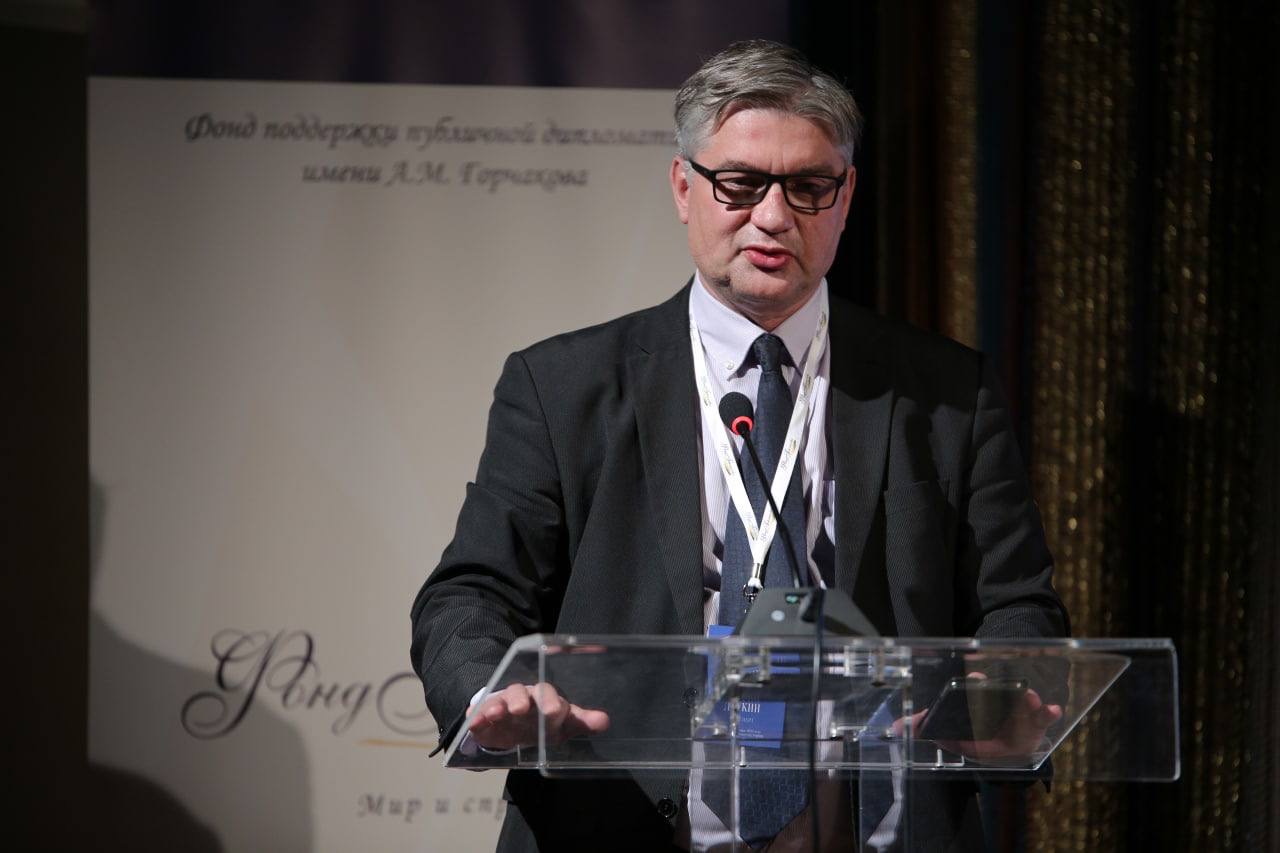Balkan Dialogue: What Soft Power Can Do in Tough Times
From 12–16 October 2022, the ‘Balkan Dialogue’ event took place at the Russian House in Belgrade and the Vojvodina Archives in Novi Sad, Serbia. Balkan Dialogue is an international programme organised annually by the Gorchakov Public Diplomacy Fund. Students and professors from HSE University and other Russian universities were among the participants of the programme. The academic supervisor of the event was Professor Ekaterina Entina, Director of the Mediterranean Studies Centre at the HSE Faculty of World Economy and International Affairs.
Over the course of a few days, Russian students visited the Serbian capital Belgrade, Novi Sad (Serbia's second largest city), the patriarchate of the Serbian Orthodox Church in Sremski Karlovci, the Krušedol Monastery, and St Sava Temple.

They also met with the leaders of the Russian House in Belgrade, professors and students of the Faculty of International Politics and Security at the University ‘Union - Nikola Tesla’ and the Head of the Centre for Eurasian Studies at the Institute of International Politics and Economics.
As part of the larger Balkan Dialogue programme, a conference brought together representatives from Russia, Serbia, North Macedonia, Belarus, Georgia, Moldova, Uzbekistan, Mexico, Japan, and other countries. The heads of the Russian and Serbian foreign ministries, well-known scientists and journalists spoke at the event. Both regional and global crisis phenomena were discussed at the forum.
‘Balkan Dialogue’ is an annual programme of the Gorchakov Fund. The event aims to establish a dialogue between experts and young specialists in international relations, economics, security issues, as well as representatives of the scientific community of the Balkans. The programme’s participants are young specialists in international relations, politics, economics, and history of the Balkan region; leaders of non-governmental organisations; local and regional self-government bodies and state authorities; students, post-graduates, and teachers of specialist departments; and journalists who specialise in Balkan issues. The participants are selected based on a competition.
One important event was the presentation of the report ‘Humanitarian Policy of Leading National Actors in the Balkan Region: Approaches, Tools, and Results’. The report focuses on the use of soft power by the USA, the UK, Germany, France, Turkey, China, and the Gulf monarchies in relation to non-EU states in the region. It was prepared by a Russian-Serbian youth research team led by Ekaterina Entina.

The report examines how Western countries seek to maintain and expand their presence in the cultural and humanitarian sphere, while non-Western actors try to reach out to strata of society that reject Western values and models of development. However, Western countries also act in their own national interests using specific tools. The United States works with a wide network of NGOs and new political elites, Germany prefers to deal with the student and academic community, Britain actively engages with secondary education institutions, while France creates a French-oriented stratum of regional intellectuals through cooperation with the academic community. Non-Western actors in turn actively play upon the rejection of Western approaches by the Balkans. Turkey promotes its own cultural products in a neo-Ottomanist vein, Arab countries are particularly active in the field of religious education, and China seeks cooperation with academic and business communities.
‘The Balkan Dialogue is an opportunity to present the results of our research on an international platform and discuss it with experts and students from other countries. I was pleasantly surprised by the interest that our work aroused among the conference participants,’ says Ekaterina Korotkova, co-author of the report and student of the Faculty of World Economy and International Affairs.

The speaker of a separate session called ‘New Integration Models—Opportunities for the Balkans’ was Alexander Lukin, Head of the School of International Affairs at the Faculty of World Economy and International Affairs, Head of the International Laboratory on World Order Studies and the New Regionalism. He spoke about the development of the Shanghai Cooperation Organisation (SCO) as an agent of economic security and the prospects for its interaction with Balkan countries.
Among the central topics of his report was a proposal to consider the possibility of Serbia joining the SCO. The idea is not unexpected, given that Serbia cooperates closely with the Eurasian Economic Union despite being a candidate for EU membership.
One of the participants of the conference was Beatrice Bineva, a master's student at the HSE Faculty of Social Sciences with a bachelor degree in International Relations from the Faculty of World Economy and International Affairs. Beatrice has headed the Bulgarian Club at HSE University for quite a while, and continues to be involved in the international youth student community.
‘Even though I have already graduated from the Faculty of World Economy and International Affairs, I am very happy to participate in Balkan Dialogue 2022 as an international balkanist. Throughout these days, I felt part of a large international family and was happy not only to exchange experiences with my colleagues and international relations experts, but also to communicate with my Balkan compatriots, who gave us such a warm welcome!’ said Beatrice Bineva.

‘The Balkan Dialogue is now a platform for an open discussion between students and experts on the present and future of Russia's soft power not only in the Balkans, but also in the world,’ summarised Ekaterina Entina.
The HSE University participants of the Balkan Dialogue would like to thank the Faculty of World Economy and International Affairs, its Dean Anastasia Likhacheva, and the Faculty’s Centre for the Development of International Activity for the organisational and financial support. The student mobility programme actively promoted by the faculty helps maintain international contacts and present HSE projects and visions to the world.

